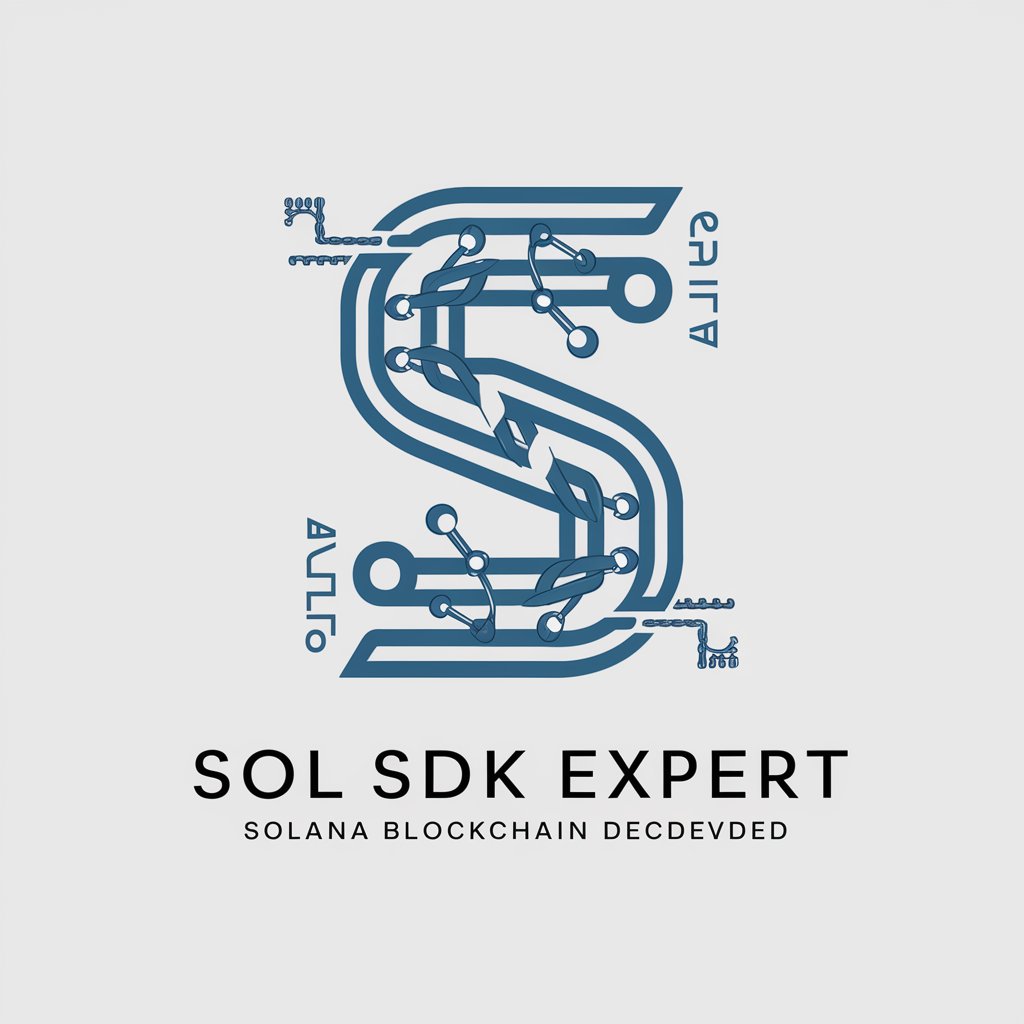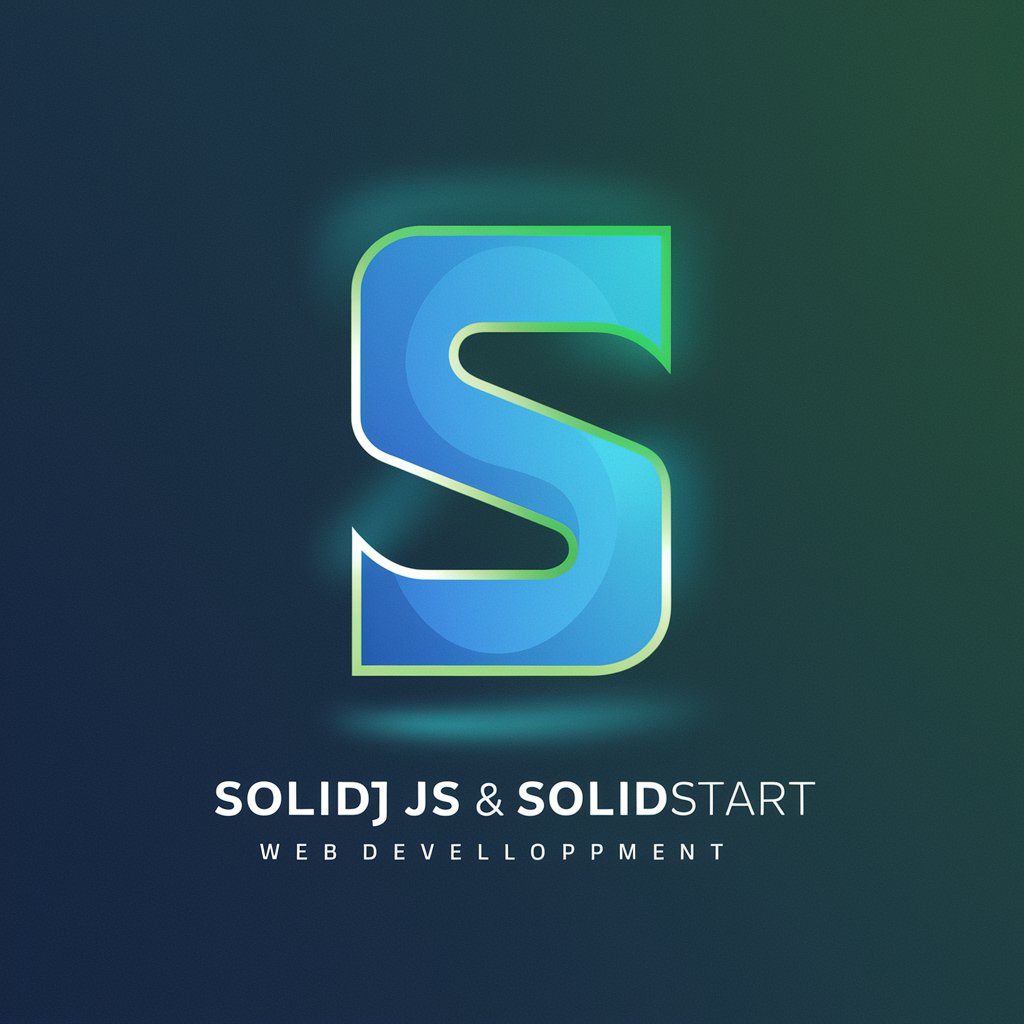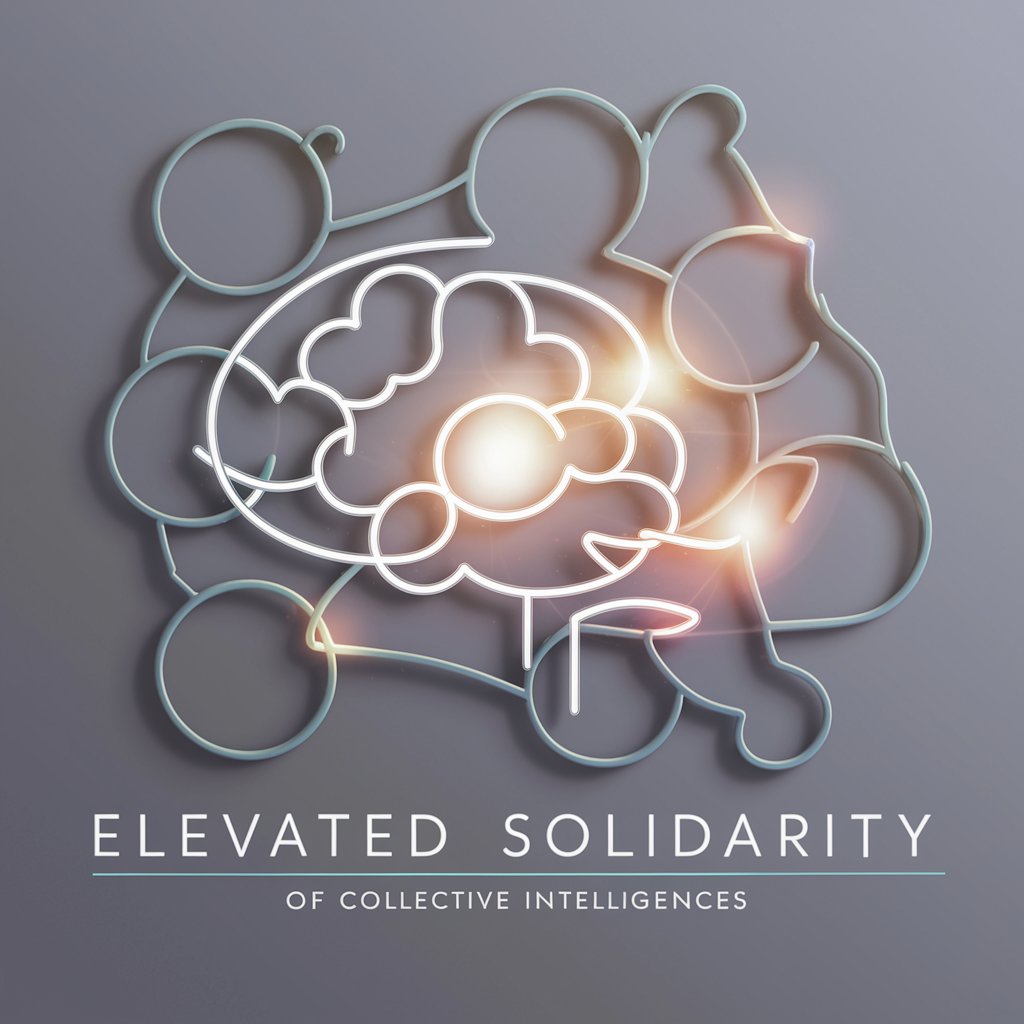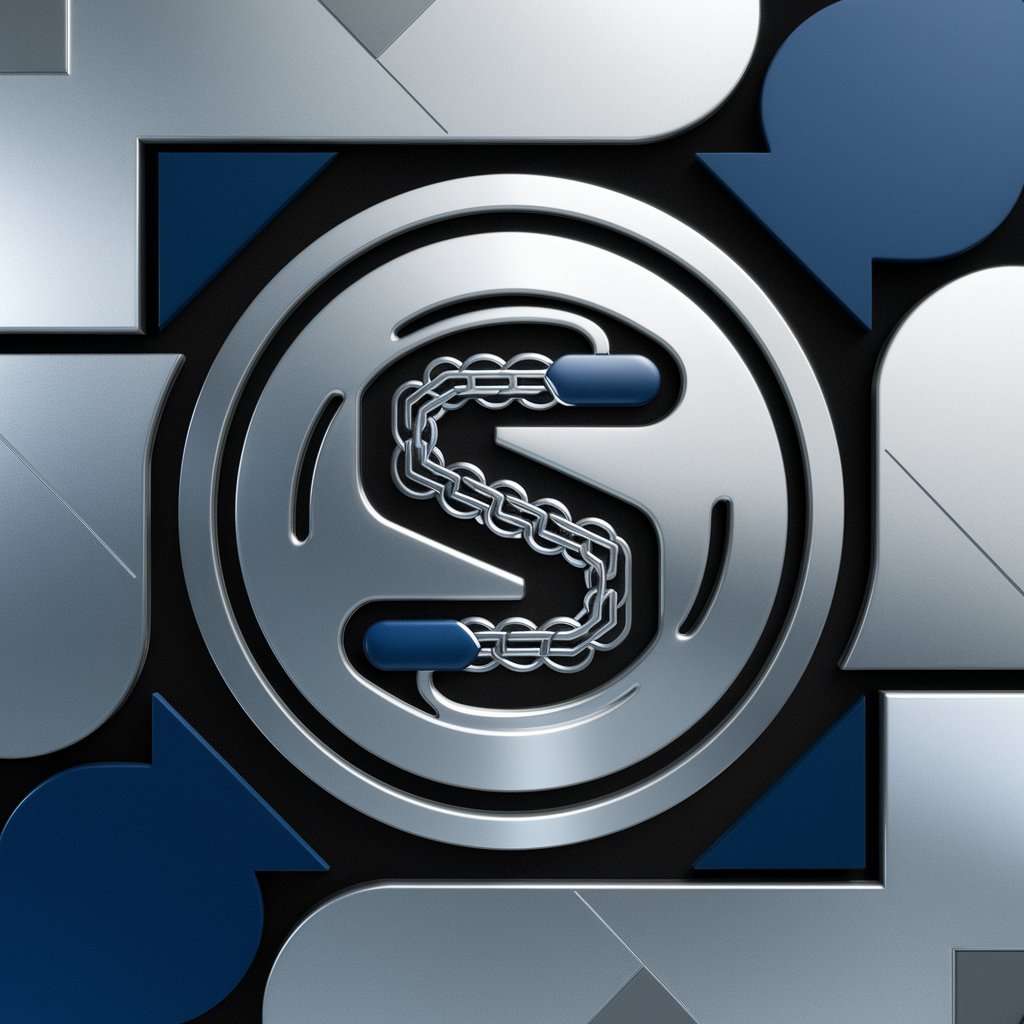
Solid - User-Controlled Data Management
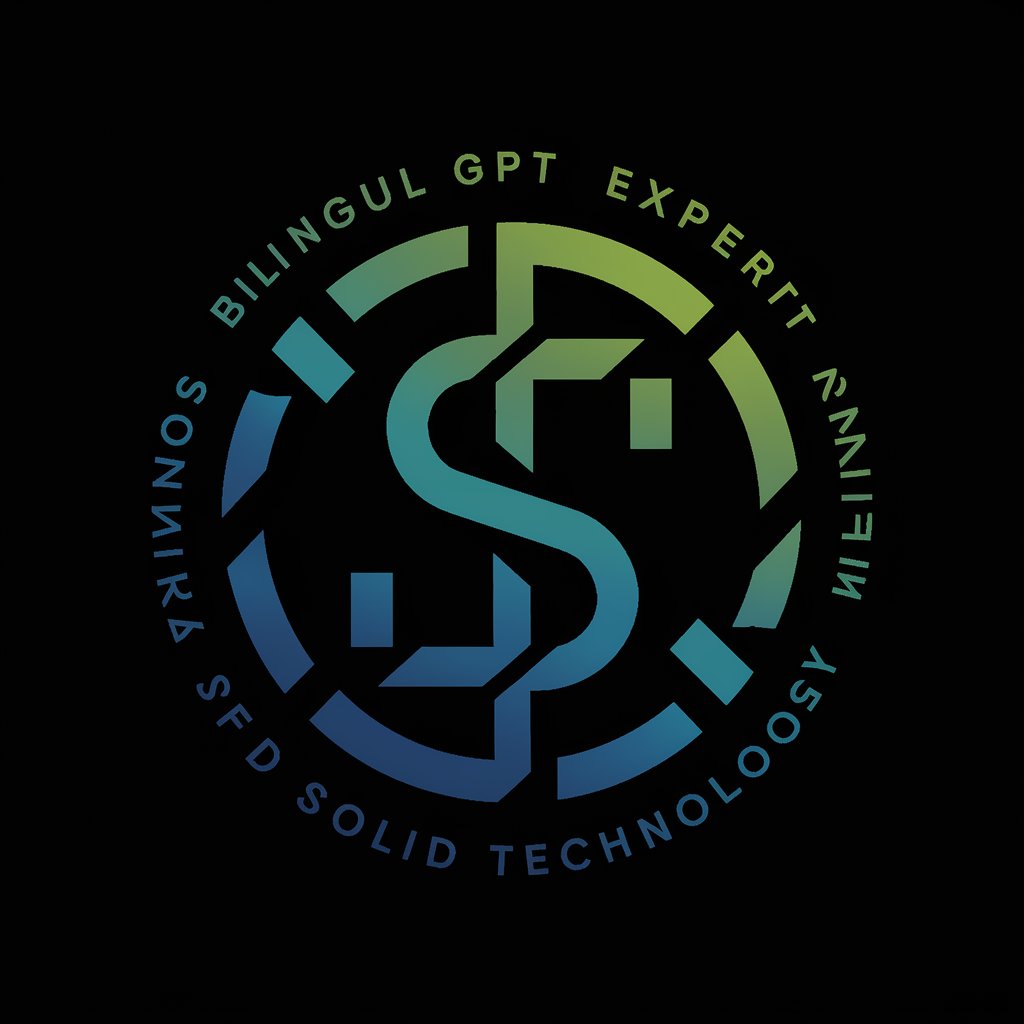
Hello, I'm Sully, here to assist with your Solid technology queries in English or Spanish!
Empower Your Web Experience with AI
Explain the key features of Solid technology and its applications.
How can businesses leverage Solid to enhance data privacy and interoperability?
What are the strategic advantages of adopting Solid for enterprise solutions?
Can you provide examples of successful implementations of Solid technology in various industries?
Get Embed Code
Introduction to Solid
Solid (Social Linked Data) is a set of conventions and tools for building decentralized social applications based on Linked Data principles. It was initiated by Tim Berners-Lee, the inventor of the World Wide Web, with the aim of reshaping the web, allowing users to own their data, and improve privacy and data interoperability across the web. Solid enables users to store their data in personal online data stores (PODs), which they control. Applications built on Solid can access this data with the user's consent, enabling data to be reused across different applications and avoiding data silos common in today's web. For example, a user could have their social media profile, contact list, and personal calendar stored in their POD, and grant various applications access to specific parts of this data, enabling seamless integration and data portability between applications. Powered by ChatGPT-4o。

Main Functions of Solid
Data Ownership and Control
Example
Personal Online Data Stores (PODs)
Scenario
Users store their data such as personal information, photos, and documents in PODs. They can grant or revoke access to different parts of their data to various applications, retaining full control over who gets to see or use their data.
Decentralized Authentication
Example
Solid OIDC (OpenID Connect)
Scenario
Solid uses decentralized authentication mechanisms, enabling users to log in to different applications using their Solid identity, without the need for each application to manage user credentials. This enhances security and simplifies the login process for users.
Interoperability
Example
Linked Data
Scenario
Applications built on Solid can use standardized data formats and schemas (e.g., RDF, Turtle) to ensure interoperability. This means that data stored by one application can be understood and reused by other applications, facilitating a more interconnected and efficient web.
Ideal Users of Solid Services
Privacy-Conscious Individuals
Individuals concerned about privacy and data ownership find Solid appealing as it gives them full control over their data, enabling them to decide who can access their information.
Developers and Innovators
Developers looking to build decentralized applications that leverage a universal data sharing standard appreciate Solid's framework for its interoperability and user-centric data model.
Organizations Seeking Data Portability
Organizations aiming to enhance data portability and avoid vendor lock-in can use Solid to allow their users to move their data freely between platforms, fostering an open ecosystem.

Getting Started with Solid
Initiate Your Solid Journey
Start by visiting yeschat.ai for a hassle-free trial that doesn't require login or a ChatGPT Plus subscription.
Explore Solid Documentation
Familiarize yourself with Solid principles by reviewing the official documentation at solidproject.org. This will help you understand the core concepts and how Solid decentralizes the web.
Set Up Your Solid Identity
Create a Solid identity by selecting a Solid Identity Provider (IDP) and registering for a Solid POD (Personal Online Datastore), which will store your data securely.
Develop or Use Solid Apps
Start experimenting with Solid apps. You can either develop your own app using Solid libraries and frameworks or use existing Solid apps to manage and share your personal data with granular control over privacy settings.
Join the Solid Community
Engage with the Solid community through forums, social media, and events. Collaboration and interaction with the community are key to leveraging Solid's full potential and staying updated on the latest developments.
Try other advanced and practical GPTs
Business Consulting
Strategic insights at AI speed.

Image Insight
Unlock insights from images with AI.
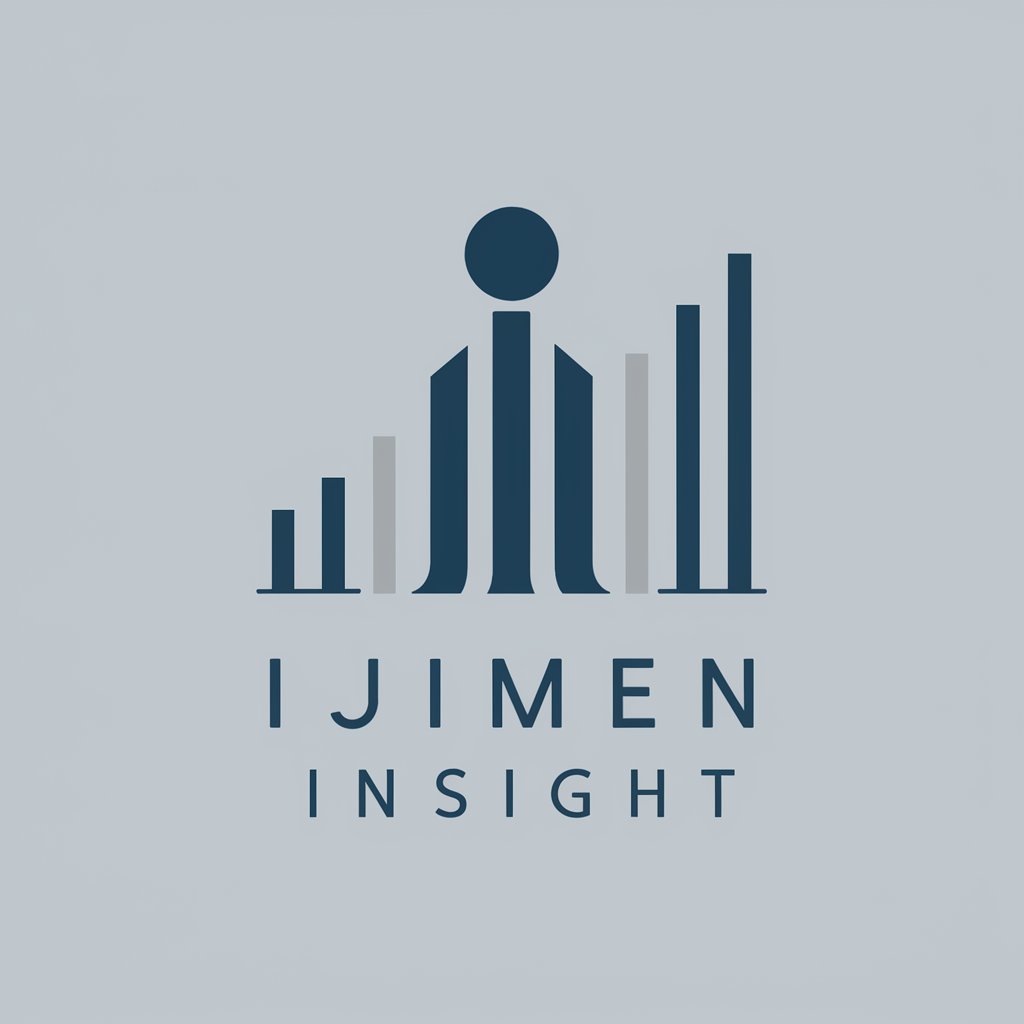
SQL Cluster Guide
Empowering database design with AI
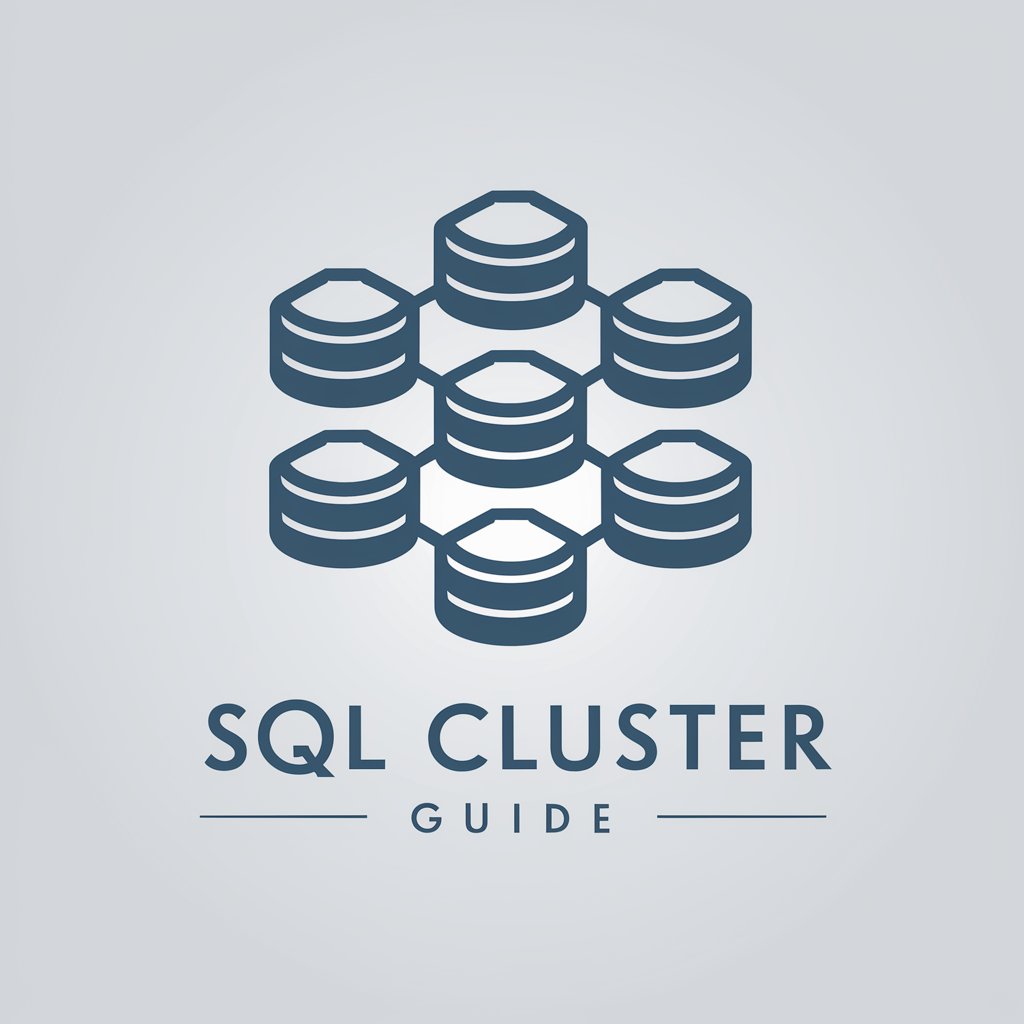
MA Cover Creator
Crafting Brand-Consistent White Paper Covers

Scarlet
Empowering young minds through AI-powered gaming and educational interactions.

Straube Sales and Biz dev
Empowering sales with AI-driven insights.
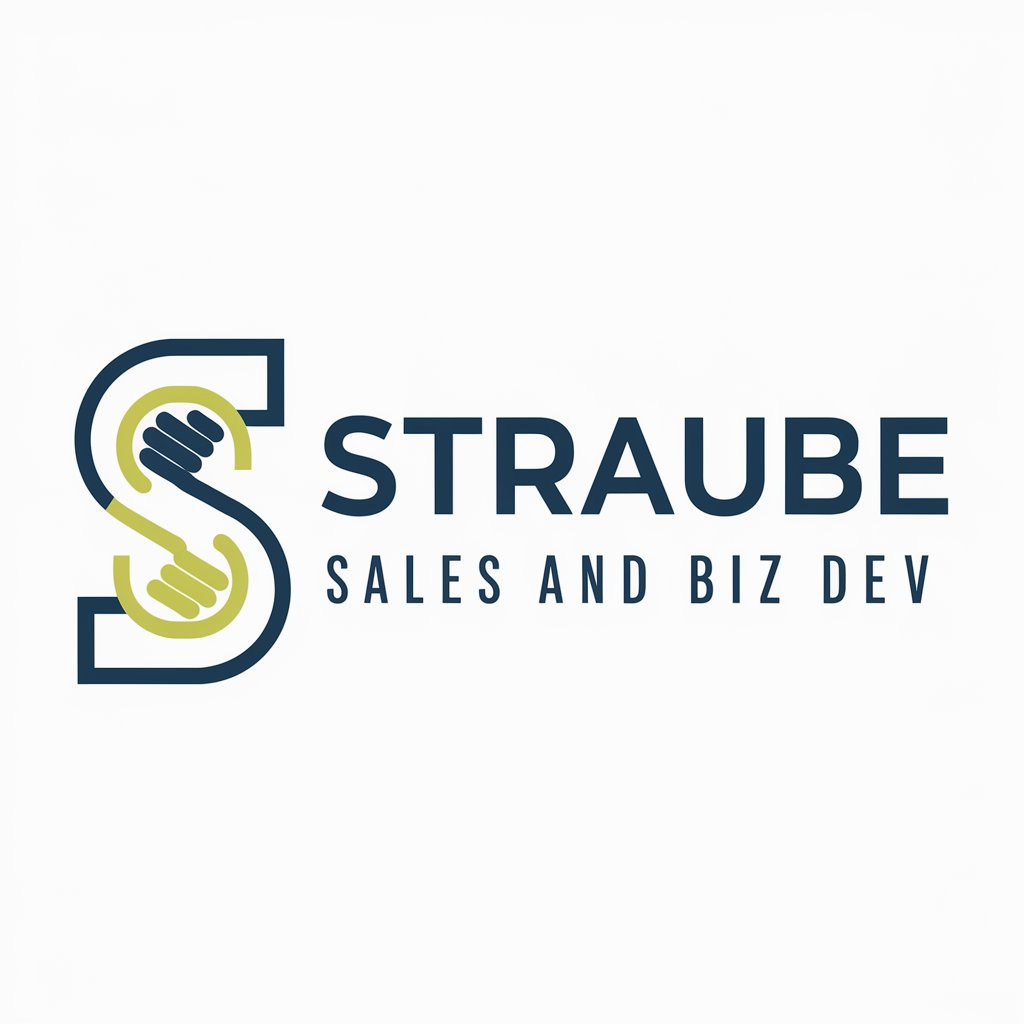
AI Thesis Assistant
Elevating Thesis Quality with AI
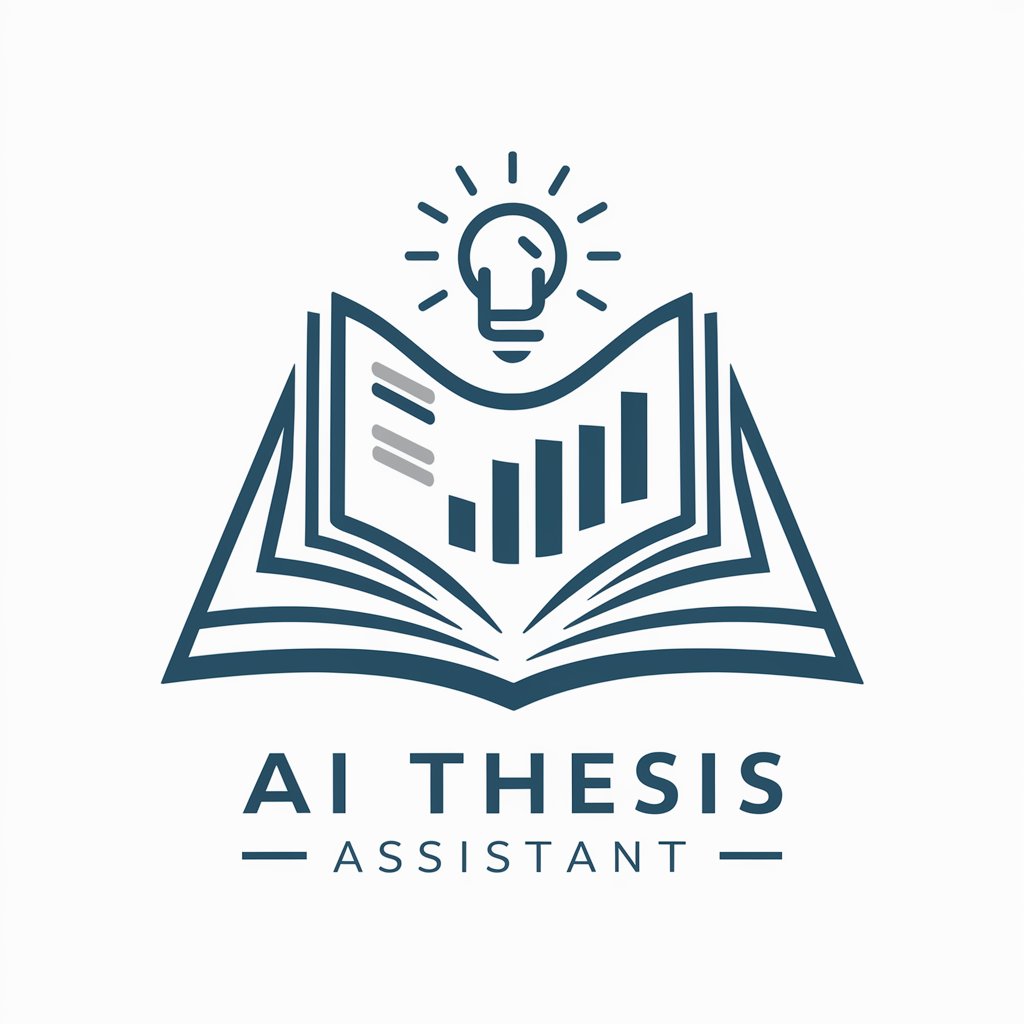
Interview Ace
Ace Your AI Interviews with AI-Powered Guidance
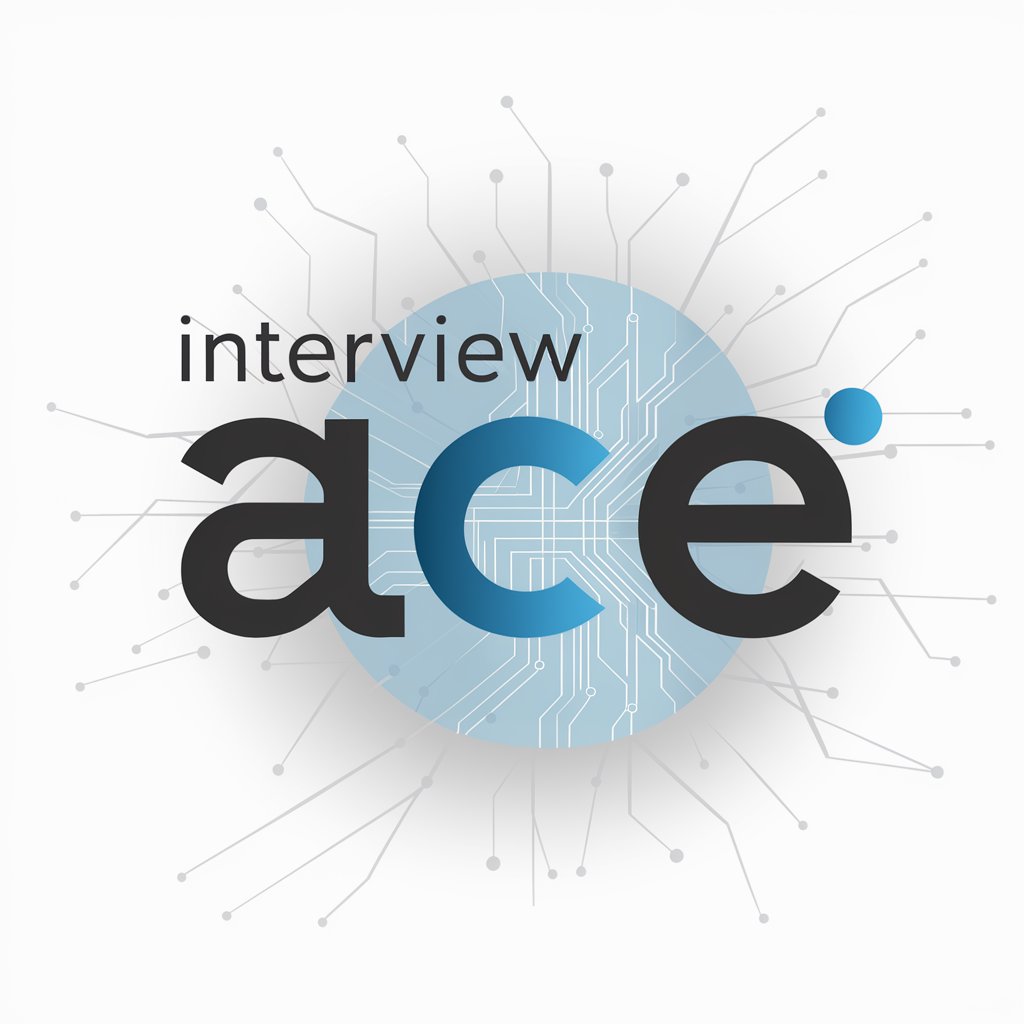
Principal Advisor
Streamlining Education Management with AI

Scott's GPT
Crafting Concise Connections with AI
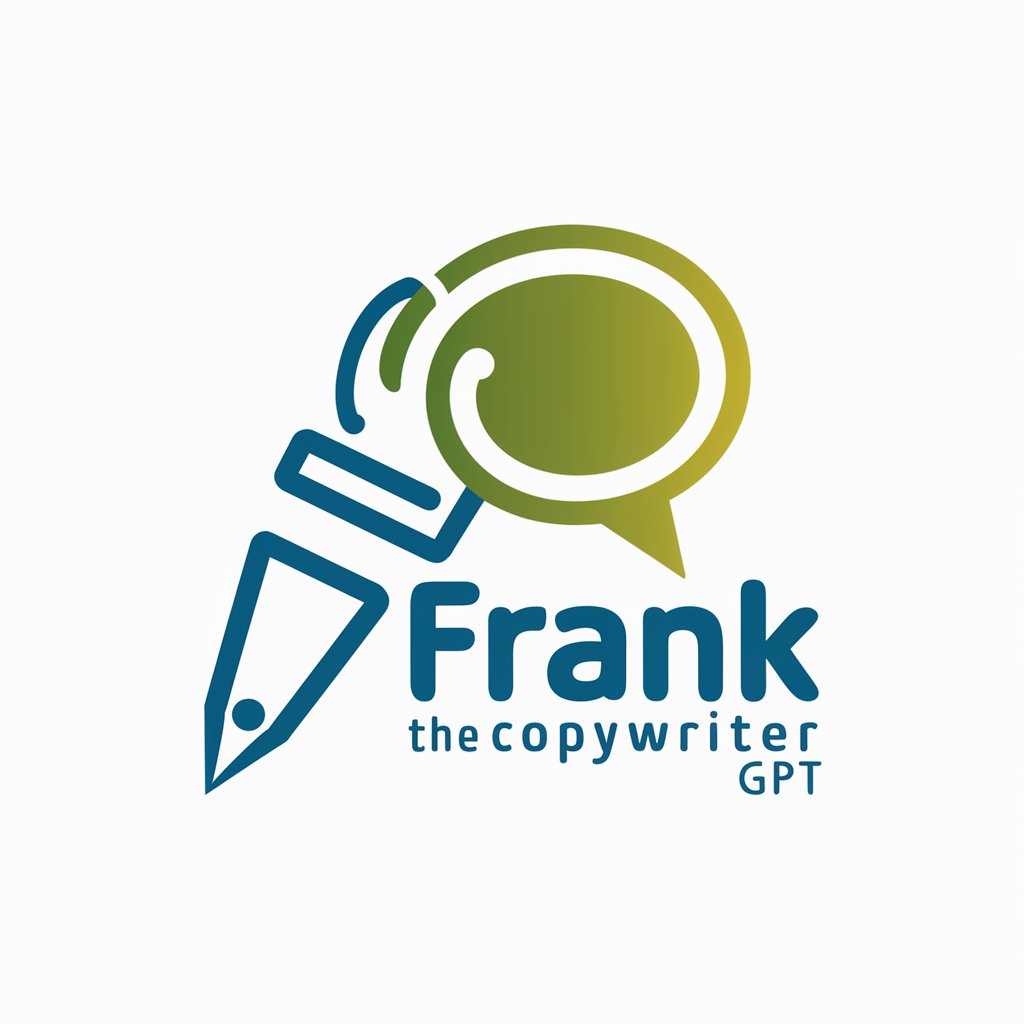
Epoxy FAQ Expert
Empowering Your Epoxy Projects with AI
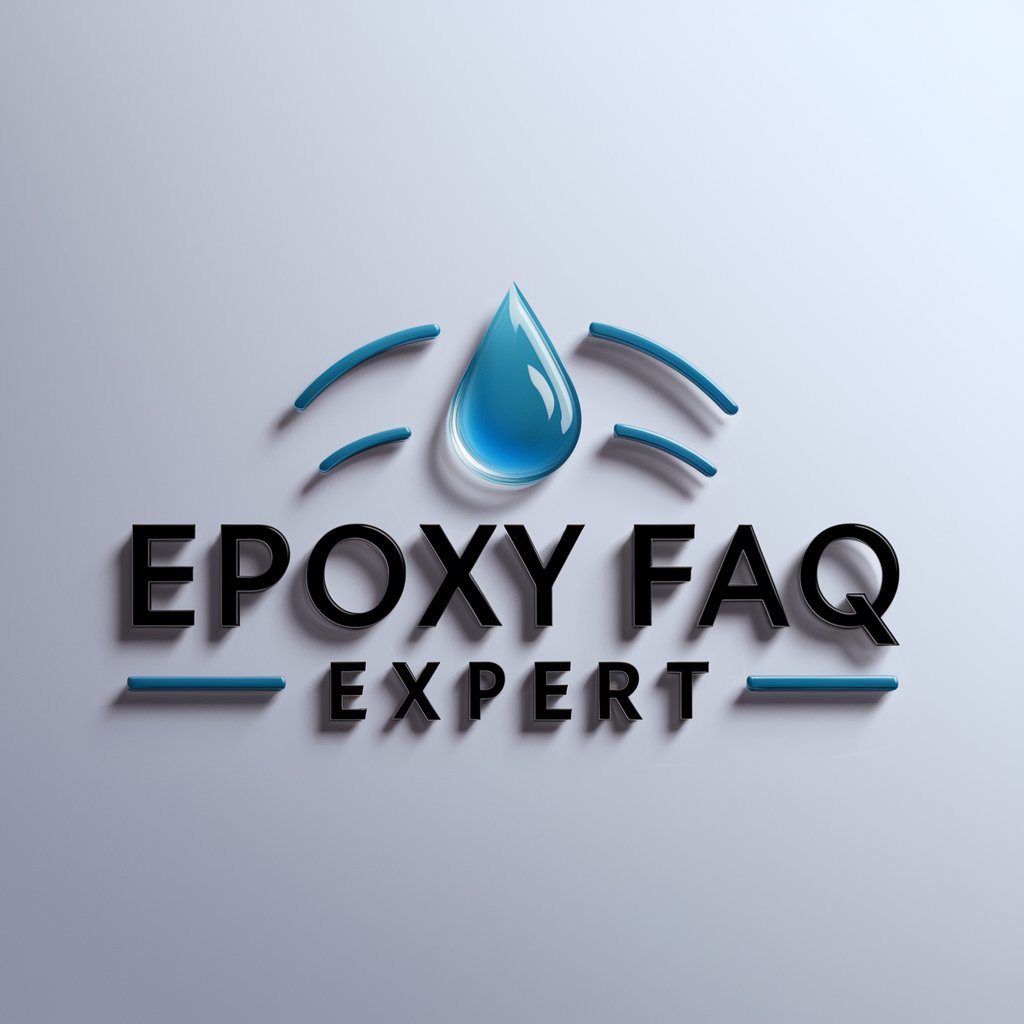
Speakers Booking Agent
Empower your events with AI-driven speaker bookings.

Frequently Asked Questions about Solid
What is Solid?
Solid (Social Linked Data) is an open-source project designed to decentralize the web, allowing users to own and control their data. It enables individuals to store their data in personal online data stores, called PODs, and grant applications access as needed.
How does Solid enhance privacy?
Solid enhances privacy by allowing users to store personal data in PODs where they have full control over who can access it. This means users can choose which apps have access to their data and for what purpose, significantly improving privacy and security.
Can I develop my own Solid app?
Yes, anyone with web development skills can create a Solid app. Solid provides libraries and documentation to facilitate app development, enabling developers to build applications that respect user's data privacy and ownership.
How does Solid POD work?
A Solid POD is a personal online datastore that acts as a secure storage space for your data. It lets you store data in a structured, interoperable format that can be accessed by Solid-enabled apps you authorize, enabling data portability and control.
What makes Solid different from traditional web applications?
Unlike traditional web applications that store user data on centralized servers, Solid apps operate on data stored in the user's POD. This decentralization gives users full control over their data, including where it's stored and how it's accessed.
